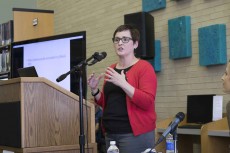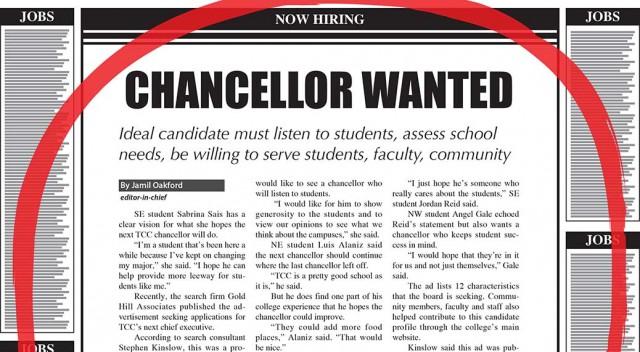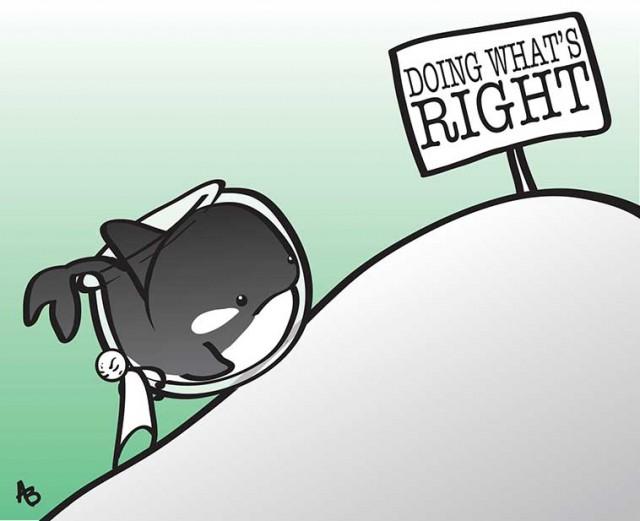By Jessica Badejo/ reporter
NW students learned March 9 about the influence the Myers-Briggs Temperament Indicator has on their lives.

Hayden Posey/The Collegian
Personality impacts everything from how one would react to bad news to the careers one chooses in life, said Ryan Dickerson, outreach specialist for Tarleton State University’s Fort Worth Campus, during Defining Who You Are.
“The goal of this workshop is to help students better understand who they are in regard to their unique personality patterns,” he said.
Thousands of universities, colleges and companies use the Myers-Briggs test along with hundreds of U.S. government agencies. Dickerson said an estimated 2 million people take the test annually.
The test is divided into four categories.
The first category focuses on the world outside of themselves. Extroverts (E) are sociable and enjoy being surrounded by people versus introverts (I) who generally like to enjoy their own company and the attention from a select few.
The next category concentrates on the way data is processed. Sensory (S) people tend to focus on the facts and the “here and now” versus iNtuitive (N) people who tend to think more into the future and read in between the lines.
The third group revolves around how people make decisions. Thinkers (T) make decisions based mostly on logic versus feelers (F) who make decisions based on feelings and circumstances.
The final category examines external displays. Judgers (J) like being organized and tend to be on time as opposed to perceivers (P) who tend to be flexible and more spontaneous.
The test takes these four categories and creates 16 different personality types.
Dickerson said all personality types are subject to variations because of things such as the environment a person grows up in. He said to think “ZIP code and not address.”
For a deeper breakdown of the different personalities, he suggests further investigation into one’s own type. Having a passion for the discovery of different personalities, Dickerson has agreed to help others figure out what category they fit into and learn how that knowledge can help them succeed.
“I hope to help students develop a better understanding of how they and others engage with the world,” he said, “by explaining how we naturally internalize and express information based on cognitive preferences we develop throughout our lifespan.”





























